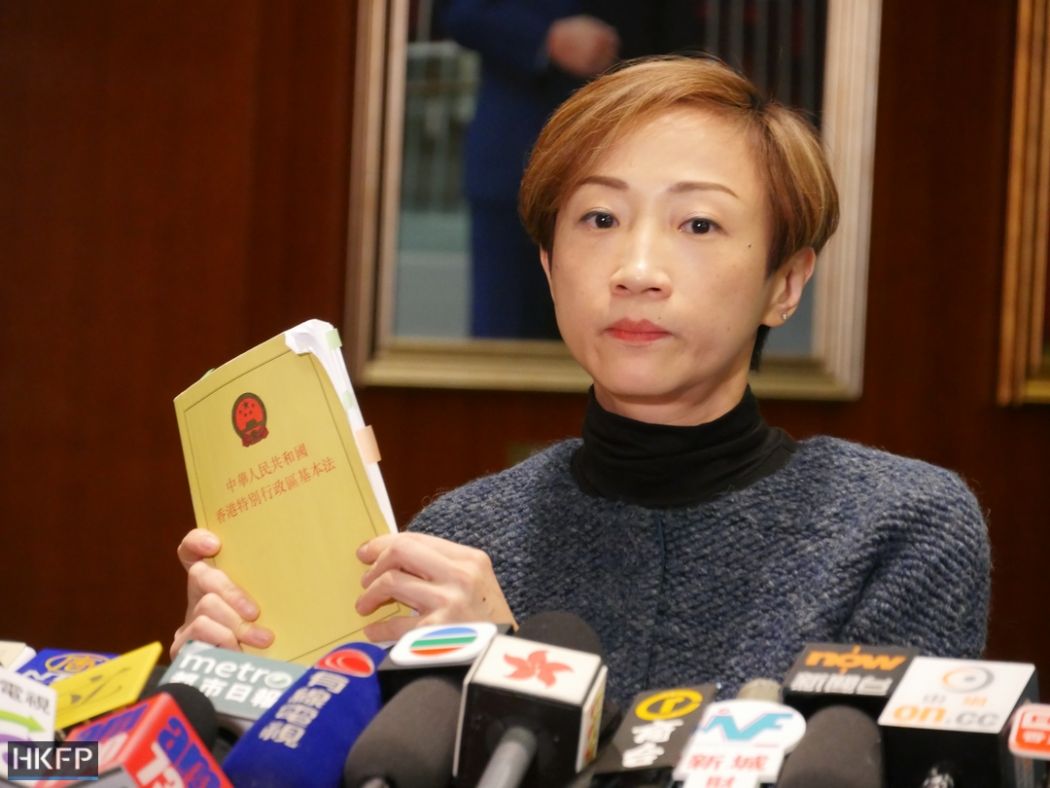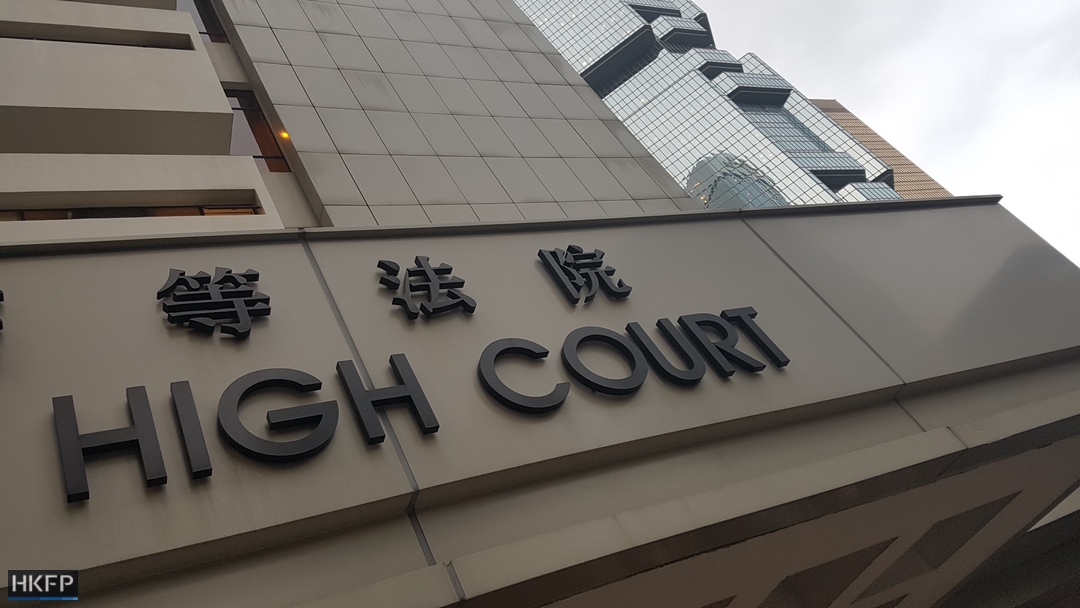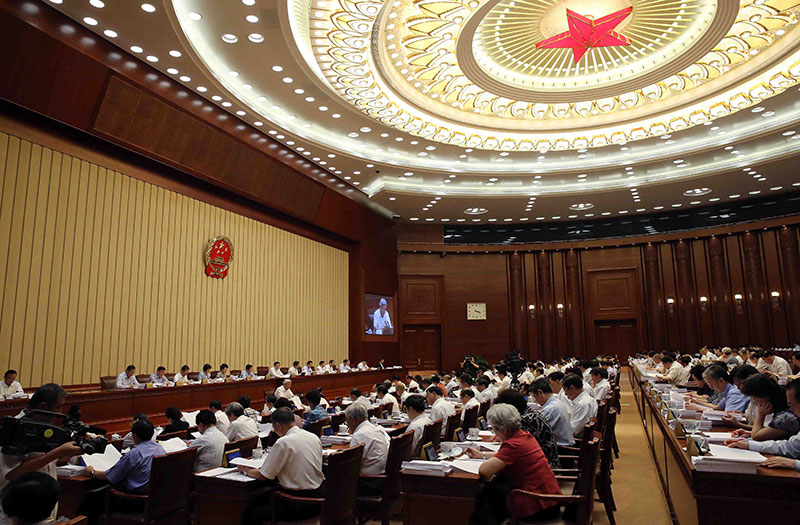Civic Party lawmaker Tanya Chan criticised the court judgment that on Thursday ruled in favour of the joint checkpoint arrangement.
She said that the move eroded protections provided by the Basic Law.

Chan, who also convenes the Co-location Concern Group, said that the ruling was predictable but still disappointing.
Judge Anderson Chow ruled earlier the same day that the law authorising the joint checkpoint was in line with the Basic Law.
Chan said the most worrying part of the judgment was how it allowed China’s top legislature – the Standing Committee of the National People’s Congress (NPCSC) – to dictate affairs in Hong Kong.
“You can see that the separation of powers, or even the powers of the legislature and the administration, is severely affected by this [judgment],” she said.
“Definitely this will have a very long-term effect and consequences on the development of Hong Kong.”

The NPCSC issued a decision last December stating that the joint checkpoint was lawful. Typically, the NPCSC would only “interpret” an existing law upon referral from Hong Kong courts. However, the joint checkpoint “decision” was made on the initiative of the NPCSC itself.
Six months later, the joint checkpoint arrangement was passed into local law amidst widespread controversy.
Hong Kong courts have generally agreed that NPCSC “interpretations” are binding, but the legal status and effect of NPCSC “decisions” remain in dispute.
On Thursday, Chow wrote in his judgment that the NPCSC decision, though not technically part of Hong Kong’s laws, still held “high persuasive value” in deciding the constitutionality issue.

Chan disagreed, saying that this would turn the Legislative Council into Beijing’s puppet.
“This time we see that, even before [the joint checkpoint law] has been made, the Standing Committee can exercise their power and make such a decision to have a bearing on – and even to command – Hong Kong legislature,” Chan said.
While the judgment said the joint checkpoint might not necessarily be replicated in other locations, Chan said she would “wait and see,” if other cases follow.
“No matter if the judicial review was won or lost, Hong Kong people still lose, because the protections under the Basic Law are fading,” she added.
